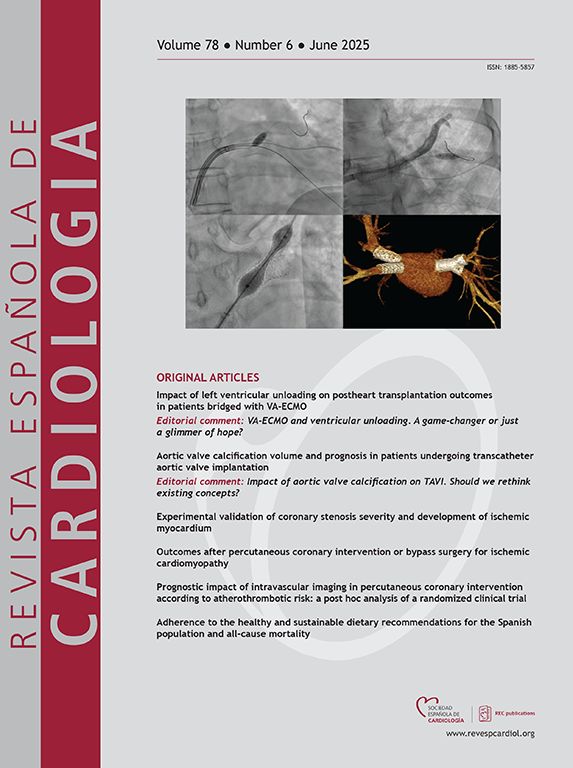Introduction and objectives: The association between atrial fibrillation (AF) and dementia remains debated, and data from Mediterranean populations are scarce. We aimed to evaluate the relationship between AF and dementia in a large Catalan cohort, with a particular focus on identifying subgroups with the strongest associations.
Methods: We conducted a population-based observational study including individuals aged ≥45 years without prior diagnosis of dementia. Data were obtained from the System for the Development of Research in Primary Care, which covers more than 80% of the Catalan population. Dementia was identified using ICD-10-CM codes and prescription records. Early-onset dementia (EOD) was defined as diagnosis before age 65 years. Participants were followed up from 2009 to 2021. Cox regression models were used to identify predictors of incident dementia.
Results: A total of 2 520 839 individuals were included (mean follow-up: 13 years), of whom 79820 (3.25%) had AF at baseline. On univariate analysis, AF was a strong predictor of dementia (hazard ratio [HR], 3.39; P < .001). However, after multivariable adjustment, the association was modest (HR, 1.04; P < .001). AF was a stronger independent predictor in individuals aged < 70 years (HR, 1.21; P < .001), whereas the association was not significant in those aged ≥70. The strongest association was observed for EOD (HR, 1.36; P < .001). All associations remained consistent in analyses restricted to individuals without prior stroke.
Conclusions: In this large Mediterranean cohort, AF was independently associated with a modest increase in dementia risk, particularly in younger individuals and those with EOD. These findings highlight the importance of early identification and management of AF to potentially reduce dementia incidence in younger populations.
Keywords
Identify yourself
Not yet a subscriber to the journal?
Purchase access to the article
By purchasing the article, the PDF of the same can be downloaded
Price: 19,34 €
Phone for incidents
Monday to Friday from 9am to 6pm (GMT+1) except for the months of July and August, which will be from 9am to 3pm

